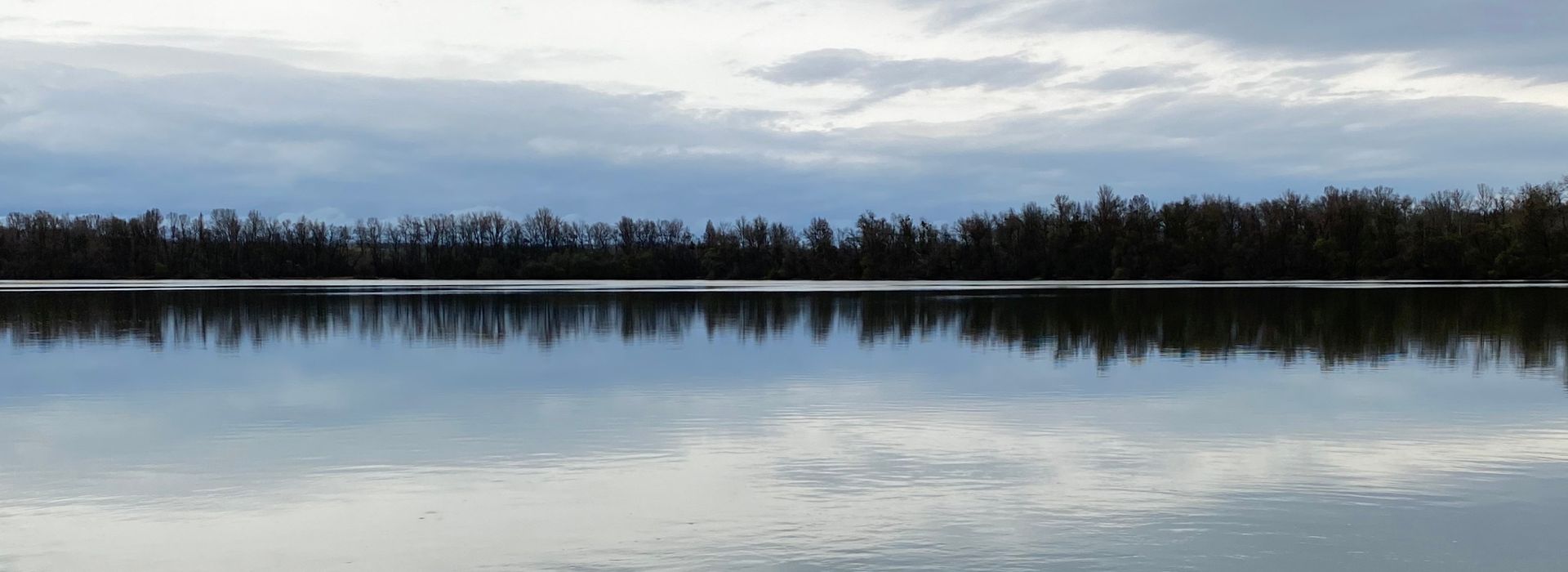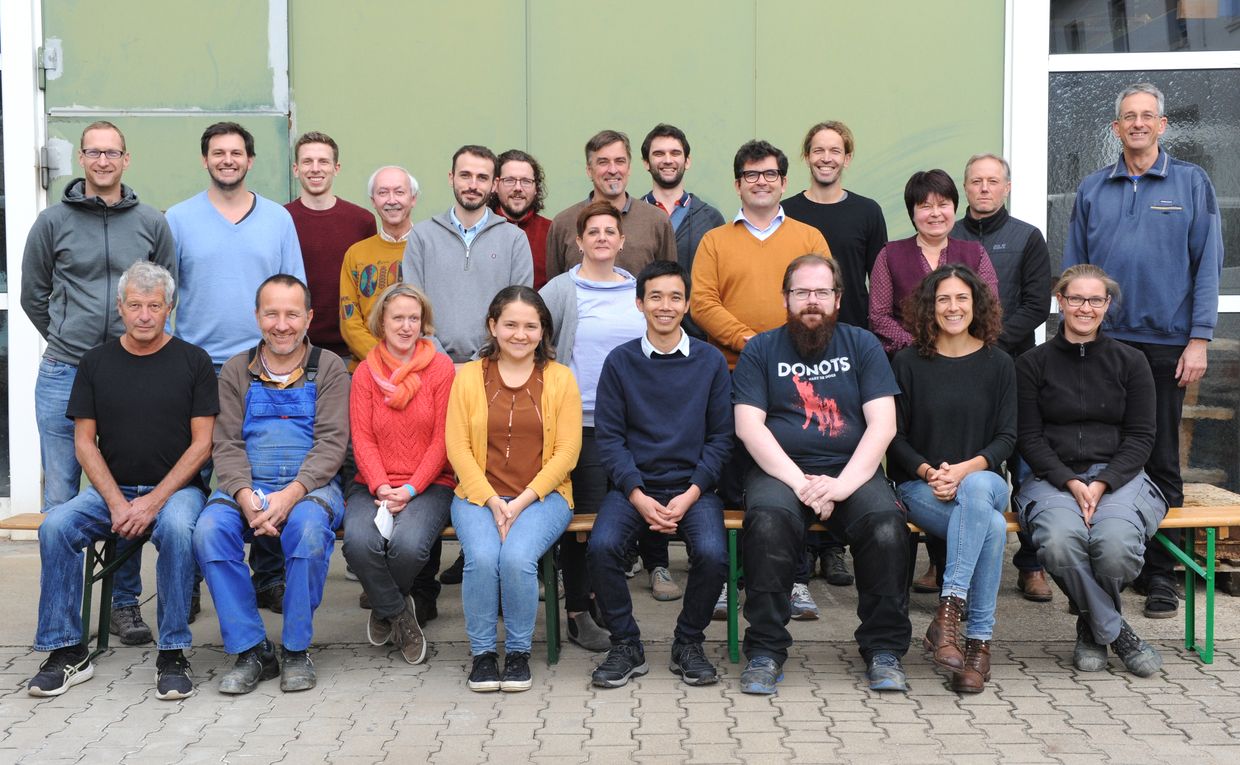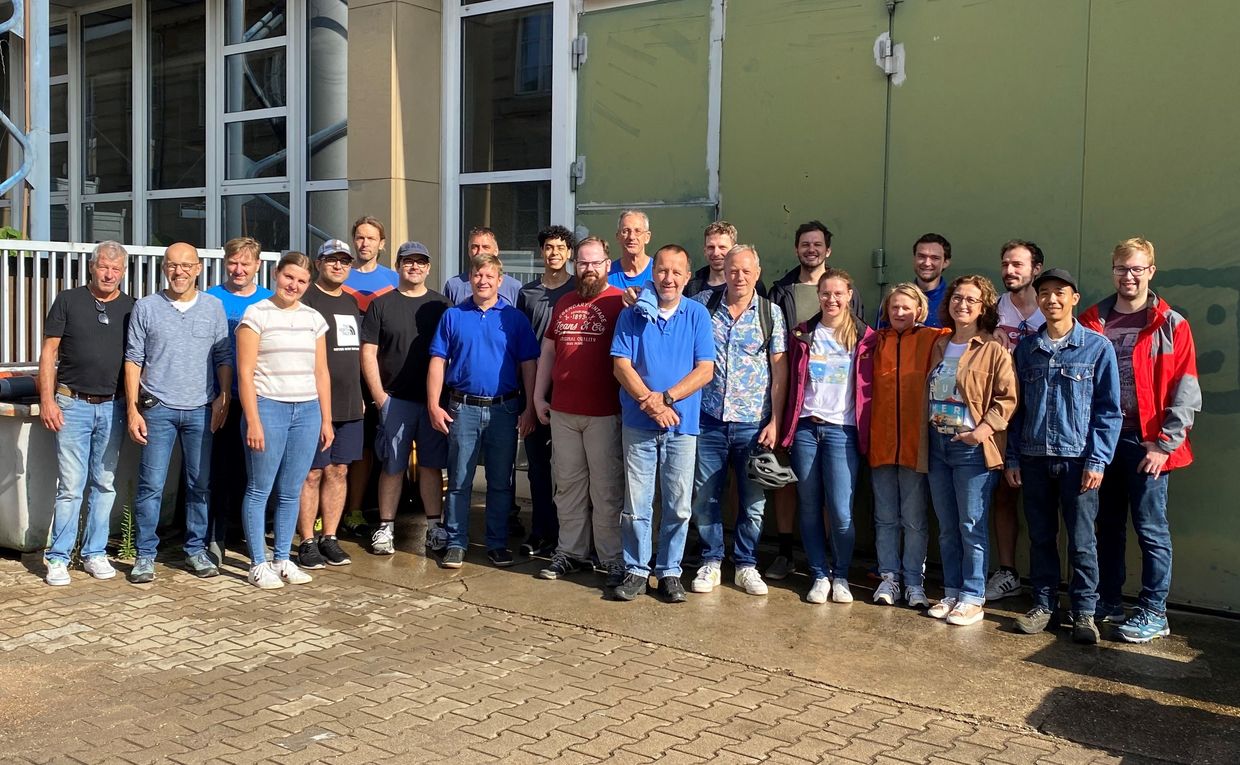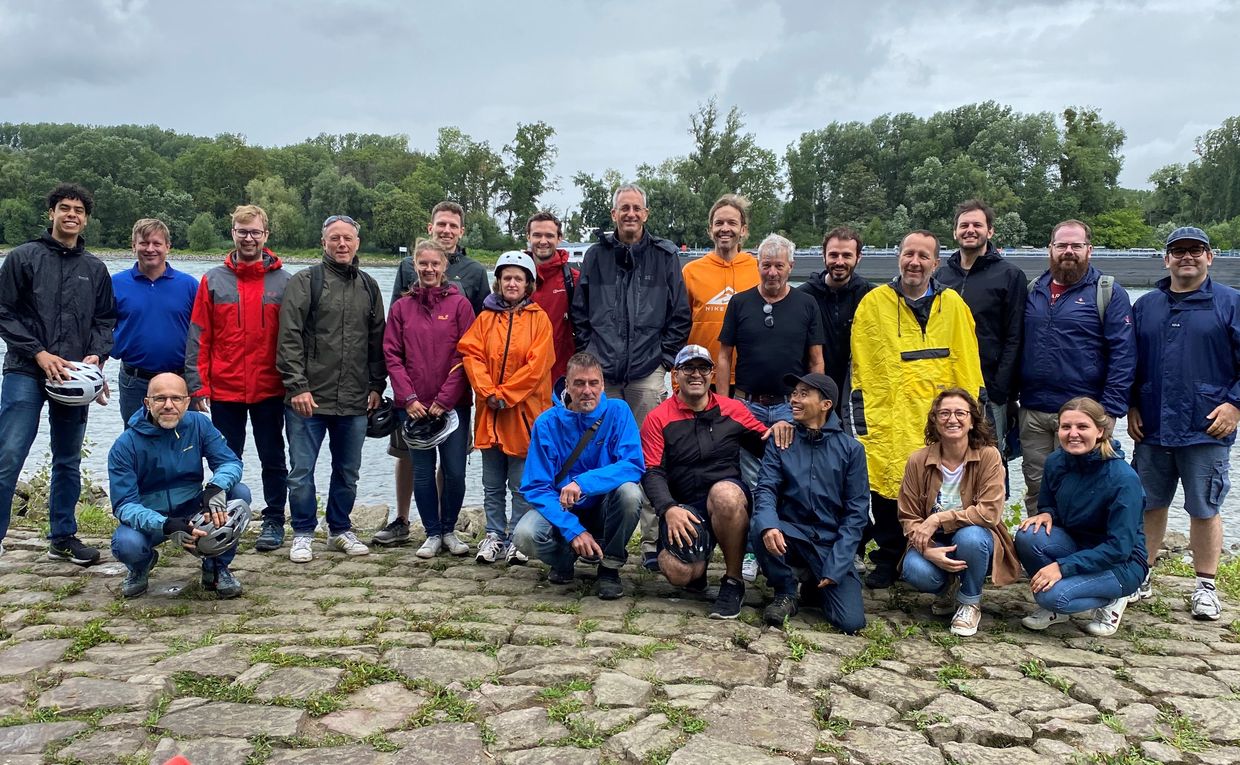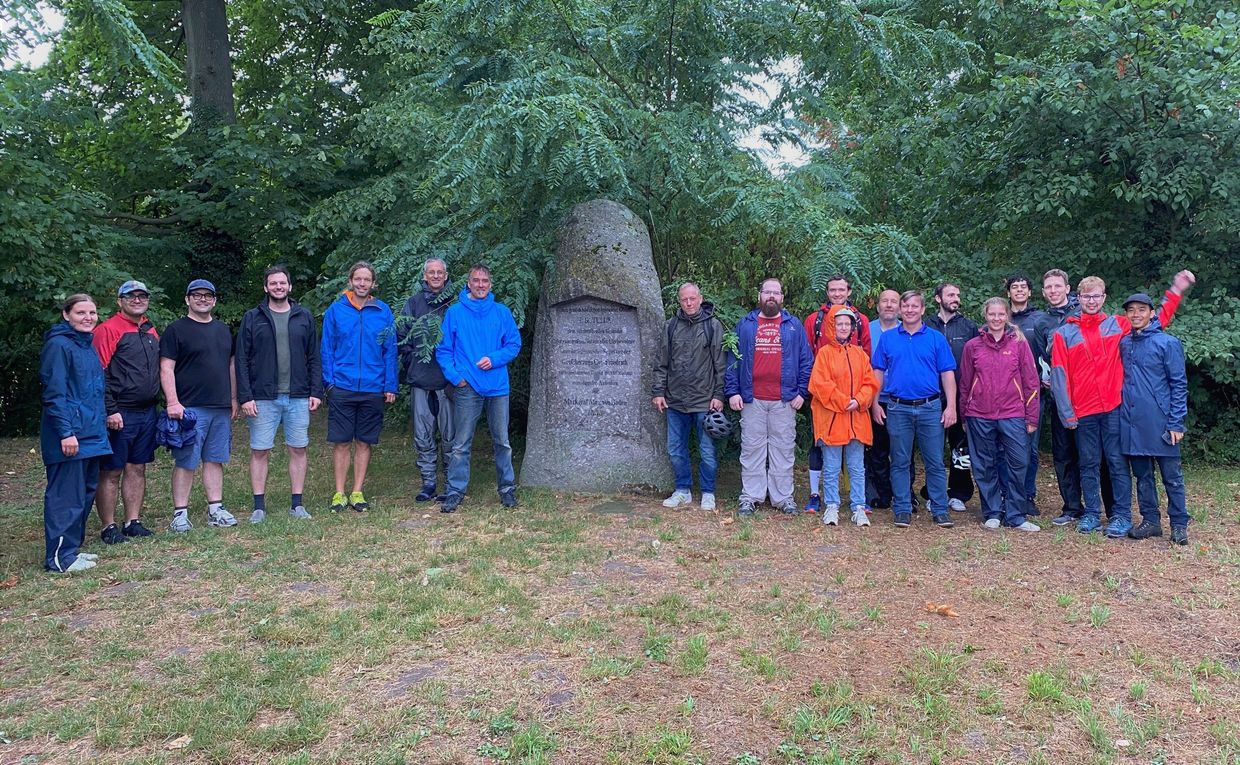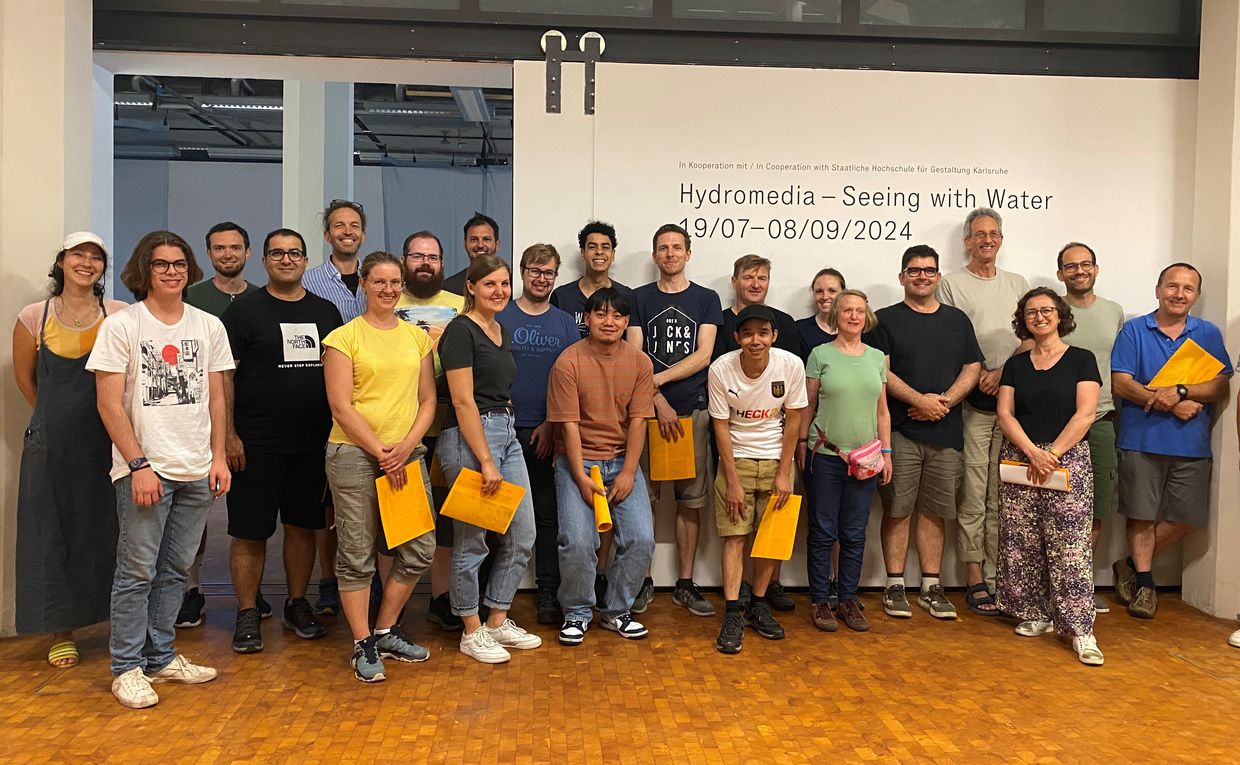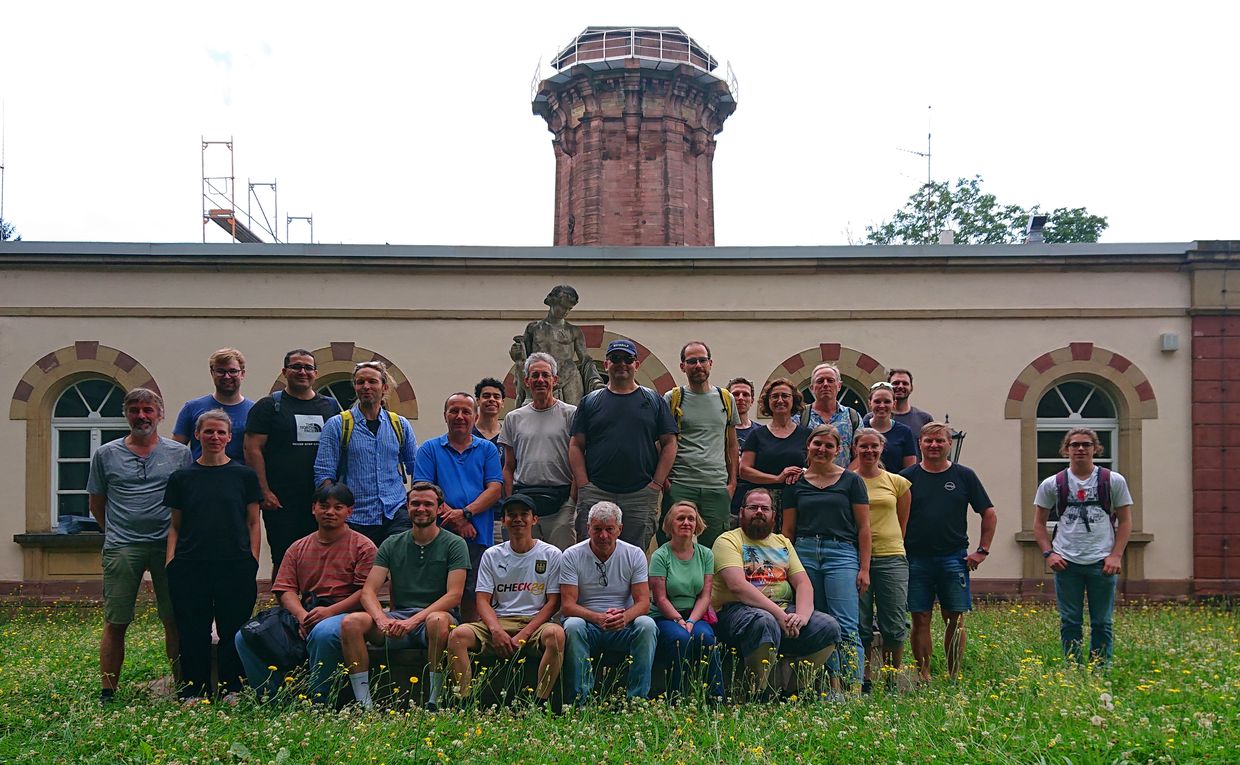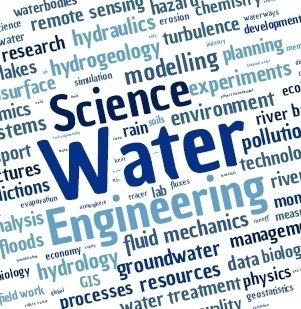Head:
Address:
Karlsruhe Institute for Technology (KIT)
Institute for Water and Environment
- Hydraulic Engineering and Water Resources Management -
Kaiserstrasse 12
76131 Karlsruhe
Phone: +49 (0)721 - 608-44418
Email: wasserbau∂iwu.kit.edu
Visiting address:
The challenges facing water managers and engineers nowadays are manifold, complex, and require cross disciplinary approaches. These challenges include the safety of hydraulic natural and built systems, ageing infrastructures, pollution, guarantee of energy and food security, sustainable development and safety of urban environment, ecological feedbacks and an uncertain future.
Our group develops research towards engineering solutions for the design, the planning and the implementation of sustainable water infrastructures prepared for global change. We investigate the mechanics of flowing water and its interaction with key elements of a river basin such as sediments, dissolved matter, gases, living organisms and people. More specifically, the group is committed to develop research on four main topics: sustainable and secure water for supply, food and energy; adaptive and multi-functional hydraulic systems; healthy rivers; and geophysical processes in rivers and lakes.

On January 30, 2026, experts from EnBW gave a guided tour of the Iffezheim Rhine power plant to KIT students from the Master’s program in Water Science and Engineering and the Bachelor’s program in Civil Engineering.
The students had the unique opportunity to visit one of the largest hydroelectric power plants in the region, featuring five turbines with a total capacity of 146 MW. During the visit, they explored the turbine hall, the gates controlling the water level of the Rhine, and a state-of-the-art fish passage measuring 300 m in length.

On 18.12.2025, we held our Christmas party in a cosy atmosphere in Theodor-Rehbock-Wasserlabor.
The party was a great opportunity to look back on the past year with a presentation by Prof Franca and to look forward together to the goals ahead.
We enjoyed the festive season with a warm get-together, delicious food and happy moments.
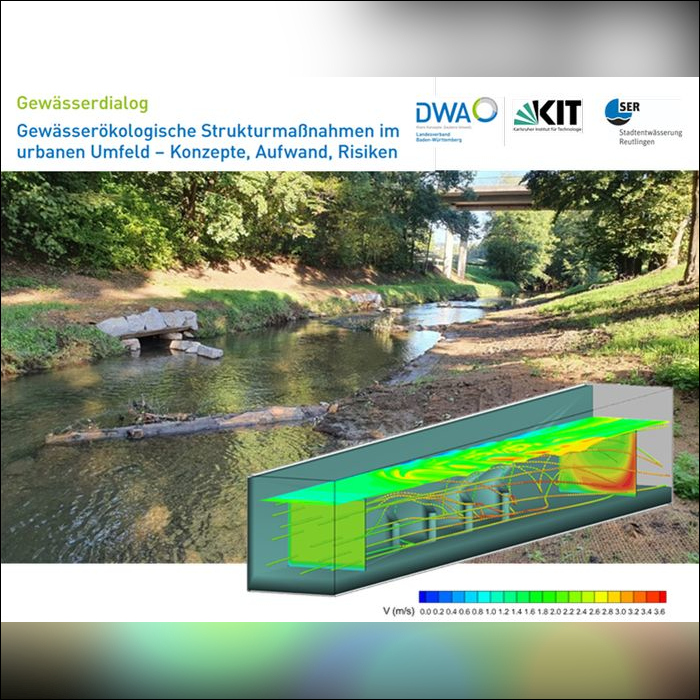
Specialist event of the DWA water management platform, November 26 in Reutlingen
Restoring rivers and streams, especially within densely built-up urban sections, poses significant challenges. Comprehensive development concepts are often not feasible due to limited space or complex property conditions. Even smaller structural interventions (such as installing flow deflectors, adding large woody debris, or implementing bank vegetation) must be planned and maintained in accordance with flood-protection requirements and other constraints.
At the event, which brought together more than 170 experts, practitioners shared their experiences in planning, implementing, and maintaining such measures in urban environments. Efficient methods for assessing flood neutrality were also presented, alongside discussions of key legal frameworks. The program concluded with an engaging field excursion to ecological restoration projects along the Echaz river in the city of Reutlingen.
From KIT-IWU, Dr. Peter Oberle and Dr. Frank Seidel played a central role in shaping the technical content of the program. We extend our thanks to the DWA Landesverband and the Stadtentwässerung Reutlingen (SER) for their excellent organization and the insightful excursion!

On November 21, the cross-departmental Steering Group (SG) on Water Extremes met at KIT-IWU.
The SG was established by the Ministry of the Environment, Climate, and Energy to develop solutions for dealing with weather extremes such as drought and heavy rainfall. Among other things, it addresses water-sensitive urban development and works on strategies for adapting to climate change.
KIT-IWU is represented by Dr. Peter Oberle.
Following the meeting, the SG visited the Theodor Rehbock Hydraulics Laboratory to get informed about current research topics and projects.

On 20-21 November, Mário Franca participated in the International Conference “The Law in the Face of Natural Disasters after the 29 October Floods”, organized by the Faculty of Law at the Universitat de València.
It was an interdisciplinary event, including engineers, lawyers, geographers, fiscal specialists, economists, and labor law experts, among others, to discuss the extreme flood event that occurred one year ago in Valencia, the operational first response, and ongoing recovery efforts.
See details here.
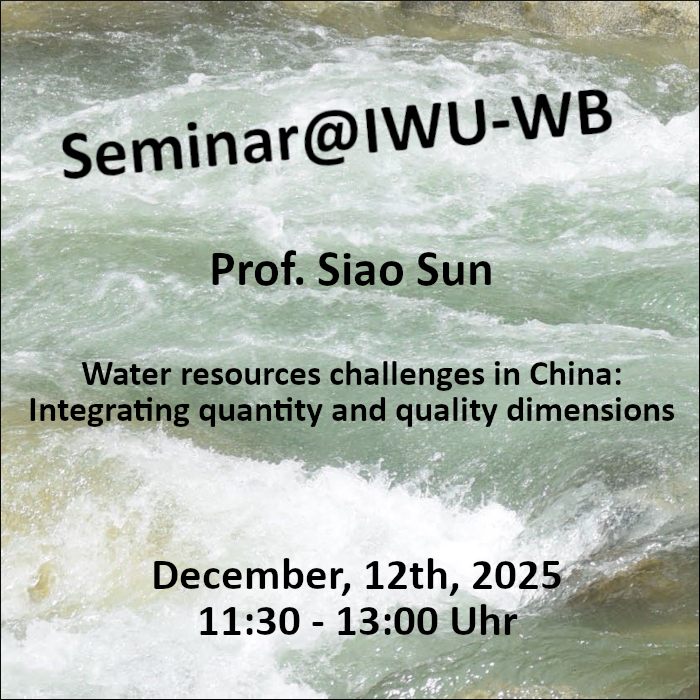
Human societies are facing increasing water challenges globally that threaten both the quantity and quality dimensions of freshwater resources. These challenges are particularly acute in rapidly developing countries such as China, where rapid urbanization and agricultural expansion have placed high pressure on surface and groundwater systems.
This presentation focuses on China’s multi-faceted water resources challenges, including water scarcity, groundwater depletion, surface water pollution and their linkages to production and consumption through supply chains.
The seminar video is online now!
Link to the seminar PDF file